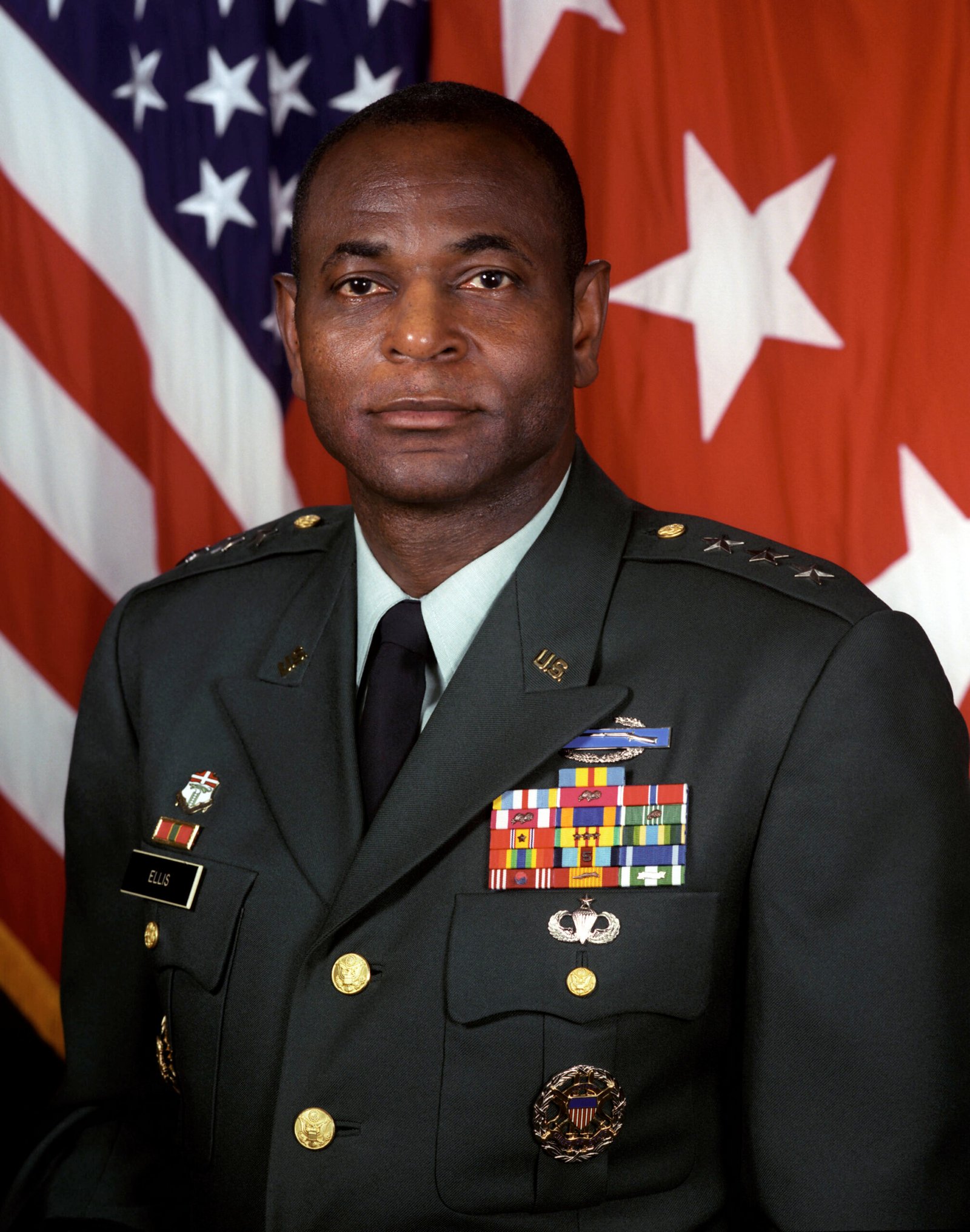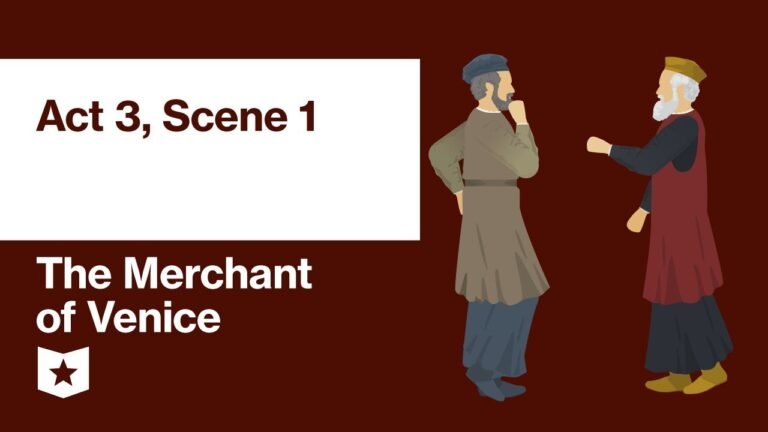General Larry R. Ellis – Biography, Career, and Leadership Legacy
General Larry R. Ellis is a distinguished four-star General of the United States Army. He is known for his leadership in commanding large-scale operations, advancing diversity within military ranks, and modernizing Army readiness systems. This article delivers a complete and unique profile of General Ellis optimized for search engines through factual, concise, and structured content that ensures maximum topical authority.
Early Life and Education
General Larry Rudell Ellis was born on June 30, 1946, in Cambridge, Maryland, USA. He graduated from Morgan State University in 1969 with a Bachelor of Science in Physical Education and a commission through the ROTC program. His academic excellence continued at Indiana University, where he earned a Master of Science in Physical Education in 1975.
His foundation in athletics and education built the discipline and leadership ethos that shaped his 35-year Army career. Morgan State University later honored him as a Distinguished Alumni for his military and public service achievements.
Military Career and Command Assignments
1. Commission and Early Service
Ellis was commissioned as a Second Lieutenant in 1969 and deployed to Vietnam, where he began his operational experience in infantry and armored units. His field discipline and analytical command style earned recognition for operational efficiency and personnel leadership.
2. Major Commands
- U.S. Army Forces Command (FORSCOM) — From November 2001 to 2004, Ellis led FORSCOM, the Army’s largest command, responsible for training, readiness, and mobilization of over 750,000 soldiers.
- 1st Armored Division, Germany — He commanded one of the U.S. Army’s most historic armored divisions, focusing on European defense readiness.
- Multi-National Division (North), Bosnia — He oversaw coalition peacekeeping operations during the Bosnian stabilization effort.
- 2nd Infantry Division, Korea — As Assistant Division Commander, he strengthened joint U.S.–Korean operations.
3. Key Staff Roles
General Ellis held several senior staff positions including:
- Deputy Chief of Staff for Operations and Plans – Department of the Army
- Assistant Chief of Staff C3/J3/G3 – United Nations Command / Combined Forces Command / U.S. Forces Korea
- Director for Strategic Planning and Policy (J5) – U.S. Pacific Command
These roles placed him at the center of U.S. military policy formulation, joint operations planning, and global security cooperation.
Leadership Philosophy and Contributions
1. Focus on Readiness
Ellis prioritized unit preparedness, rapid mobilization, and force modernization. Under his leadership at FORSCOM, readiness standards and inter-service coordination improved significantly, preparing U.S. forces for 21st-century conflicts.
2. Commitment to Diversity
As one of the few African American officers to achieve the rank of four-star General, Ellis championed diversity, mentorship, and equal opportunity in the Army. He fostered inclusive leadership development programs that broadened representation across command structures.
3. Emphasis on Ethical Command
Ellis integrated ethics into command culture. His decisions in Bosnia and Korea were grounded in international law, humanitarian principles, and mission effectiveness. His approach balanced operational goals with moral accountability.
Awards and Decorations
General Ellis’s distinguished career is marked by numerous military honors:
| Award | Significance |
|---|---|
| Defense Distinguished Service Medal | Highest joint service decoration recognizing exceptional command achievement. |
| Army Distinguished Service Medal | Awarded for meritorious service in high-responsibility positions. |
| Defense Superior Service Medal | Honors superior performance in joint duty assignments. |
| Legion of Merit (with two Oak Leaf Clusters) | Recognizes multiple instances of exceptional conduct. |
| Bronze Star Medal | Granted for heroic or meritorious service in combat. |
| Air Medal | For meritorious achievement while participating in aerial flight. |
| Vietnam Cross of Gallantry (Palm) | Vietnamese honor recognizing valor during Vietnam War. |
| Korean Cheonsu Medal | Acknowledgment of his role in strengthening U.S.–Korean defense ties. |
| German Armed Forces Honor Cross (Gold) | Recognition from German allies for leadership and cooperation. |
These awards reflect his excellence in both combat and strategic roles.
Timeline of Major Milestones
| Year | Event |
|---|---|
| 1946 | Born in Cambridge, Maryland |
| 1969 | Commissioned in the U.S. Army after graduating from Morgan State University |
| 1975 | Earned M.S. from Indiana University |
| 1997–1999 | Commanded 1st Armored Division in Germany |
| 2001–2004 | Commander, U.S. Army Forces Command (FORSCOM) |
| 2004 | Retired from active military service |
| Post-2004 | Transitioned to corporate leadership and veteran advocacy |
Post-Military Career and Civil Contributions
After retiring from the Army, General Ellis became President and CEO of DHB Industries, Inc., a leading provider of protective body armor and tactical gear for law enforcement and defense sectors. His leadership improved organizational accountability and operational efficiency within the company.
He also served on several boards, including:
- Armed Forces Benefit Association (AFBA)
- Korea Defense Veterans Association (KDVA)
- Morgan State University Board of Regents
His post-military career demonstrates the seamless transfer of military leadership principles to corporate governance and community service.
Leadership Lessons from General Ellis
- Lead by Action: He emphasized command visibility, presence, and accountability.
- Train for Adaptability: He supported mission-oriented training programs that encouraged rapid situational adaptation.
- Invest in People: Mentorship and human capital development were central to his leadership ethos.
- Foster Global Cooperation: His work in Bosnia and Korea exemplified effective multinational collaboration.
- Maintain Ethical Integrity: His decisions always balanced strategic needs with human and moral responsibility.
These principles remain foundational to modern leadership in both military and civilian organizations.
Impact on Military Modernization
Ellis’s leadership marked a shift in U.S. Army operational culture — from Cold War-era static readiness to agile, modular force structures capable of responding to asymmetric threats. His policies promoted:
- Advanced logistics systems
- Joint service training frameworks
- Technology integration in command centers
- Enhanced civilian-military cooperation
This modernization approach continues to influence Army operational doctrine today.
Facts about General Larry R. Ellis
- First African American to command U.S. Army Forces Command (FORSCOM).
- Served in Vietnam, Bosnia, Germany, and Korea, showcasing diverse combat and diplomatic experience.
- Member of Omega Psi Phi Fraternity, advocating scholarship and community service.
- Recognized speaker on leadership, diversity, and defense management at universities and military symposia.
Frequently Asked Questions
Q1. Who is General Larry R. Ellis?
General Ellis is a retired four-star U.S. Army General who commanded FORSCOM and contributed to modern military readiness and diversity advancement.
Q2. What are General Ellis’s key accomplishments?
He led major Army divisions, modernized command systems, mentored diverse leaders, and successfully transitioned to corporate leadership roles post-retirement.
Q3. What is FORSCOM?
FORSCOM, or U.S. Army Forces Command, is responsible for the readiness of active and reserve forces across the United States.
Q4. What awards has General Ellis received?
He has been awarded the Defense Distinguished Service Medal, Bronze Star, Legion of Merit, and several international honors.
Q5. What makes General Ellis a notable leader?
His leadership is marked by integrity, diversity advocacy, operational excellence, and transformational influence across military and civilian sectors.
Q6. Where is General Ellis now?
Post-retirement, he serves in corporate advisory roles and participates in veteran support organizations such as KDVA and AFBA.
See More: Uncuymaza: A Comprehensive Exploration of a Emerging Concept
Act 3 Scene 1 Merchant of Venice: Complete Summary, Analysis, and Explanation
Conclusion
General Larry R. Ellis stands as one of the most influential leaders in U.S. Army history. His career embodies discipline, service, and innovation. Through command excellence, strategic foresight, and commitment to equality, he strengthened the Army’s foundation for future generations.







